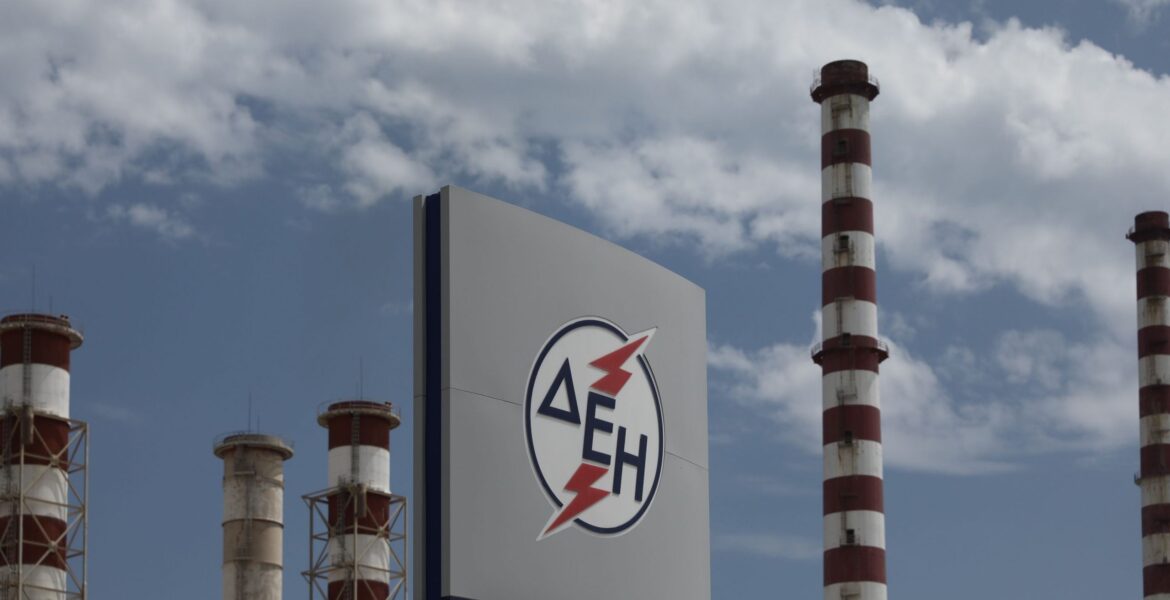The unified EU electricity market has proven ineffective for southeastern Europe, prompting Greece to work with Romania and Bulgaria to develop a lasting solution to the region’s escalating power prices, according to Energy Minister Theodoros Skylakakis.
While Greece benefits from low-priced energy generated by its solar and wind parks, it, like other southern European nations, experiences price spikes during the summer months. These surges occur when high demand for air conditioning strains power supplies and limits the flow of electricity from interconnected countries.
“The current power links are inadequate for transferring electricity from the central European market to southeastern Europe, resulting in exorbitant prices on certain days,” Skylakakis explained to a radio station.
He criticized the EU’s unified electricity market model as ineffective, with Prime Minister Kyriakos Mitsotakis poised to address the European Commission on this issue later this week.
In response, the Greek, Bulgarian, and Romanian energy ministers are initiating a joint effort to establish a “permanent intervention mechanism” to address extreme price fluctuations caused by the region’s disconnection from the broader European energy market.
Additionally, Greece’s conservative New Democracy government has recently extended a windfall tax on energy companies to fund power subsidies for consumers facing high energy costs.
Mitsotakis emphasized that the government will continue these subsidies as long as European authorities fail to resolve the issue. [Reuters]

